The Worst Motorcycles for Beginners

What not to get for your first ride.
Experienced riders will get asked “what’s the best first bike?” hundreds of times, but probably won’t get asked what the worst first bike is. Good thing, too: you could spend all day listing bikes an inexperienced rider should avoid. Of course, if they want one of the listed examples, they won’t listen to you anyway, but here’s what we think new riders should stay very, very far away from.
Too Big
Maybe when you were a kid you got a hand-me-down sweater from an older sibling or cousin that was a size (or three) too big. “Roll up the sleeves and stop bothering me” said your mom, and you complied. In just a few short years it was a perfect fit. You could do that with your first motorcycle but you’re likely to drop it in an embarrassing, painful, or just plain expensive-to-fix kind of way.
You should be supremely comfortable and confident on your first bike, so struggling to keep the bike balanced when it’s stopped because the seat is too high, or having to call a tow truck (or your uncle) because you can’t pick it up when it falls over won’t help you learn, and may even frustrate or scare you so much you quit for good.
Too Fast
“Oh, I’ll be careful until I learn my limits,” said every guy who went on to crash his first bike ever. Learning to ride safely is difficult enough without having to learn how to manage a powerful, hypersensitive, peaky powerband. Believe it or not even motorcycles with as little as 15 or 20 horsepower can be plenty fast to ride on most public roads, even enough to get you up to 70 mph or faster. In general, really-new riders should try to avoid sportbikes – even alleged “beginner” ones like the Ninja 300 are covered in fragile and expen$ive bodywork, they may make great first bikes to ride, but they also make lousy first bikes to repair when a newbie drops them at a stoplight.
Sure, you know guys (and gals) who “grew into” their 600 or 1000cc sportbikes – you can find them all over the Internet – but our experience is learning that way makes you a slower, less safe rider. That’s because it’s harder to explore the limits of your ride, or you’ll get too comfortable exploring the limits. With your current lesser amount of riding experience, do you really want to try to push the limits of a 115 horsepower motorcycle? Experience tells us you should not. If you have to think hard about that one before answering, here’s another question: do you have the maturity and good judgment to ride a motorcycle?
Too Expensive
You want your dream bike, we get it, but learn to ride first. What if you don’t like riding? What if you decide you don’t like cruisers or sportbikes or adventure bikes or whatever it was that piqued your interest? New motorcycles can lose a third or more of their value just by being registered, and inexperienced buyers tend to pay too much for used bikes and lose even more money when they resell.
Buy something cheap, small, widely available and easy to fix. Don’t focus on what you might ride someday. That’s not your role in the motorcycle world right now! Learn how to ride, own and maintain a bike, and you’ll get a better idea of what kind of riding you want to do. In six months or a year, you may decide you need an entirely different kind of bike than what you thought, or maybe what you really wanted to do was figure skating.
Too Old
Yes, you have a beard, Red Wing boots, selvedge denim jeans and a rodeo-champion belt buckle, but you’re not from the Olden Days. That means you probably don’t know how to balance carbs, set points, lap valves, adjust spokes, patch inner tubes or do the thousand other things your granddad had to learn before he could hope to ride 100 miles without having to abandon his Bonneville behind a tree. Sure, you could buy some pile of crap and learn how to do all that stuff, but do you want to be a rider or a 1960’s motorcycle mechanic reenactor? Buy a modern, reliable bike from a trusted seller. If a car breaks down you can just call a tow truck, but mechanical failures on motorcycles can be painful – or even deadly.

Motorcycle.com presents an unrivaled combination of bike reviews and news written by industry experts
More by Motorcycle.com Staff



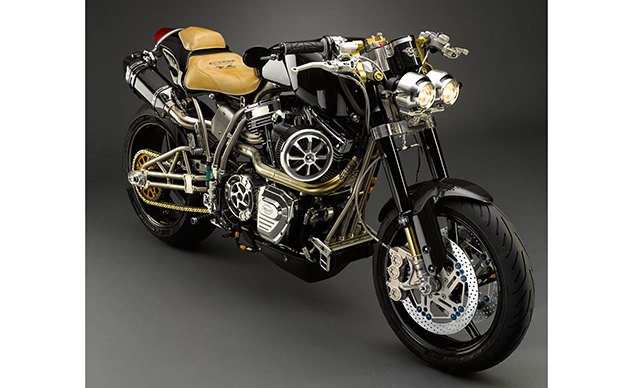
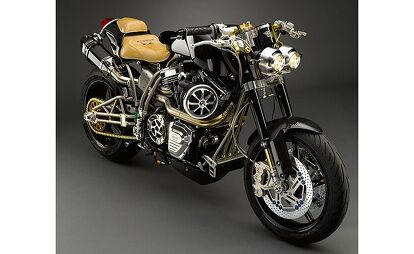










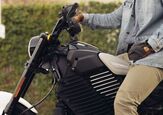
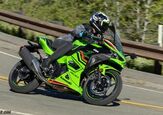
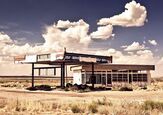
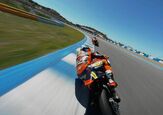
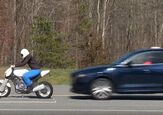
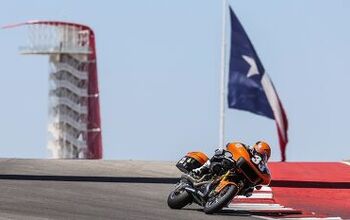
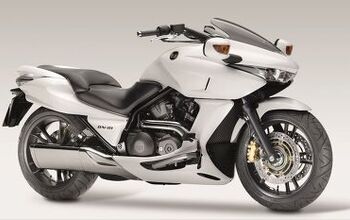
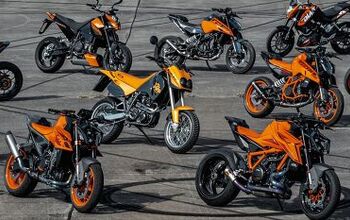

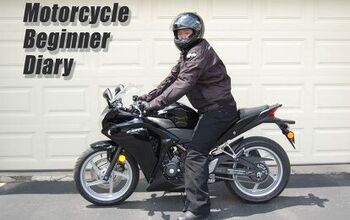
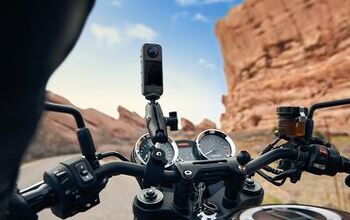
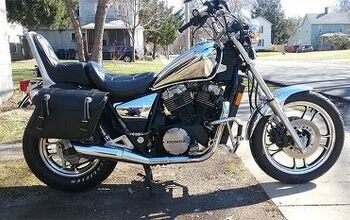
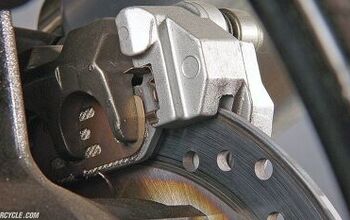
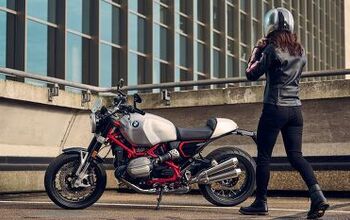

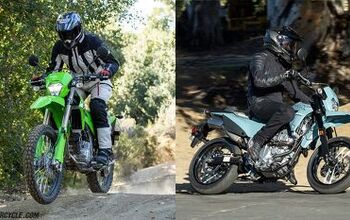
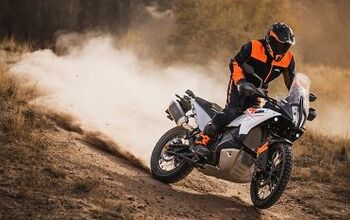
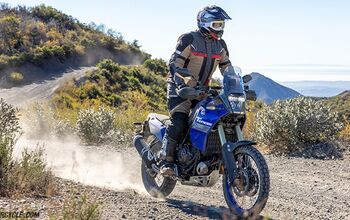
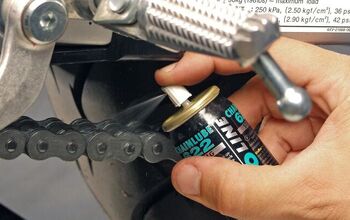
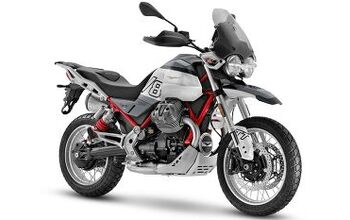
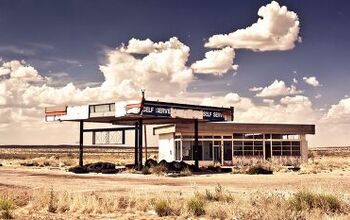
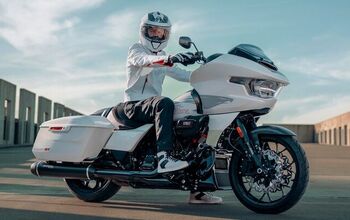
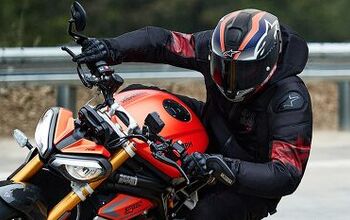
Comments
Join the conversation
"you probably don’t know how to balance carbs, set points, lap valves,
adjust spokes, patch inner tubes or do the thousand other things" -- speak for yourself -- and learning all of these won't make you a worse rider.
to all the commenters that happily tell how they successfully started on a large and powerful bike, let me suggest this. Starting as an adult with significant driving experience in cars and the maturity of age is significantly different from being younger full of hormones but not much sense or driving experience! Next, learning on a small bike you can 'throw around' especially in the dirt is almost guaranteed to make you a far better rider. Most riders are not even close to competent!